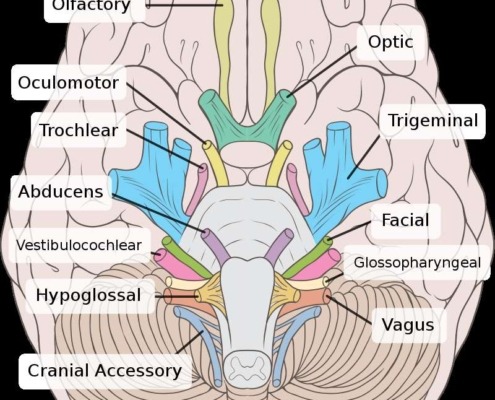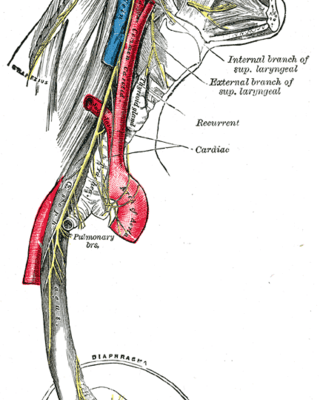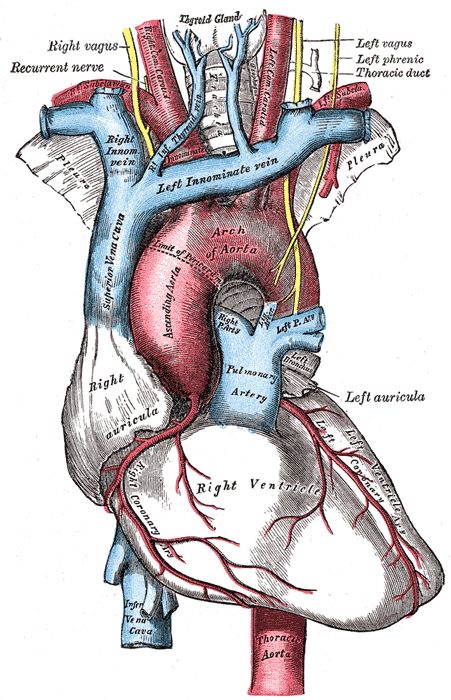 Joan Cass
Joan CassHealth Benefits of Cacao
Cacao is incredibly rich in antioxidants, particularly flavonoids. These antioxidants help protect cells from oxidative stress and damage caused by free radicals, potentially reducing the risk of chronic diseases like heart disease and cancer.
 Joan Cass
Joan CassVagus Nerve Treatments
Vagus Nerve Treatments. While there is ongoing research into the potential effects of herbal medicines on the vagus nerve and overall nervous system function, it's important to note that the scientific evidence supporting the efficacy of herbal remedies in directly targeting the vagus nerve is still limited.
 Joan Cass
Joan CassThe Vagus Nerve
This remarkable cranial nerve (the 10th of the 12) plays a crucial role in numerous bodily functions, making it a star player in our internal orchestra.
 Joan Cass
Joan CassJoan Cass Articles
I'm Joan Cass, and I reside in Texas.
My approach to treating your health issues is based on integrative and functional medicine.
I have spent the last 20 years researching and training in the following areas because I am passionate about assisting my clients in achieving optimal health and well-being:
Electroacupuncture, Biological pathways, Cellular Membranes, Vagus Nerve, Leaky gut syndrome, Western Herbalist, Natural Remedies, Herbal Medications, Mayan Medicines, Parasites.
Herbal medicine (also called herbalism, phytomedicine, or phytotherapy) is the study of pharmacognosy and the use of medicinal plants, which are the basis of traditional medicine.

Restoring Your Life
The restoration of life is a highly individualized process, and what works for one person may not work for another. It's important to remember that setbacks, challenges, and traumas can impact individuals in different ways, and the journey toward restoration is unique to each person.

